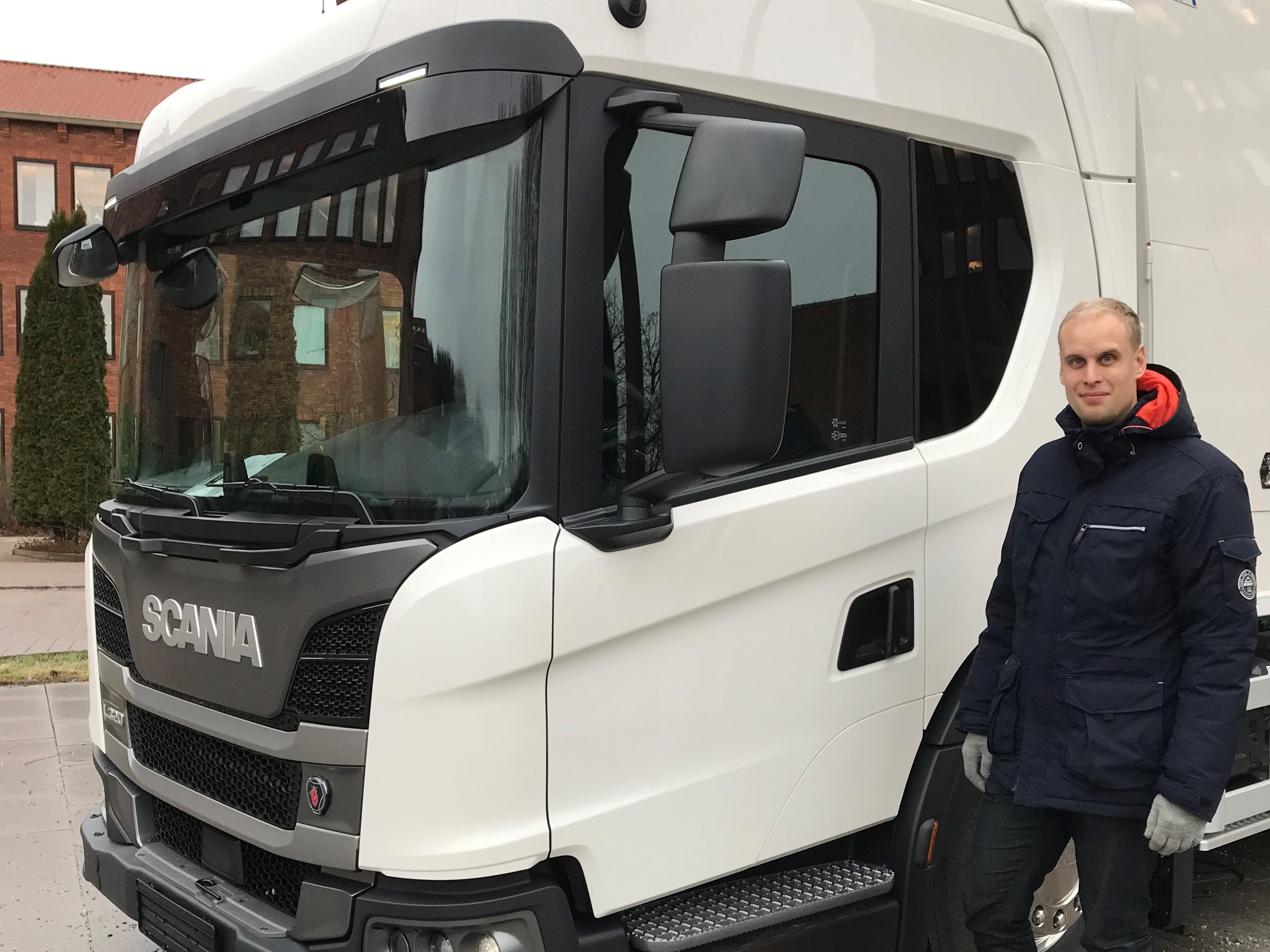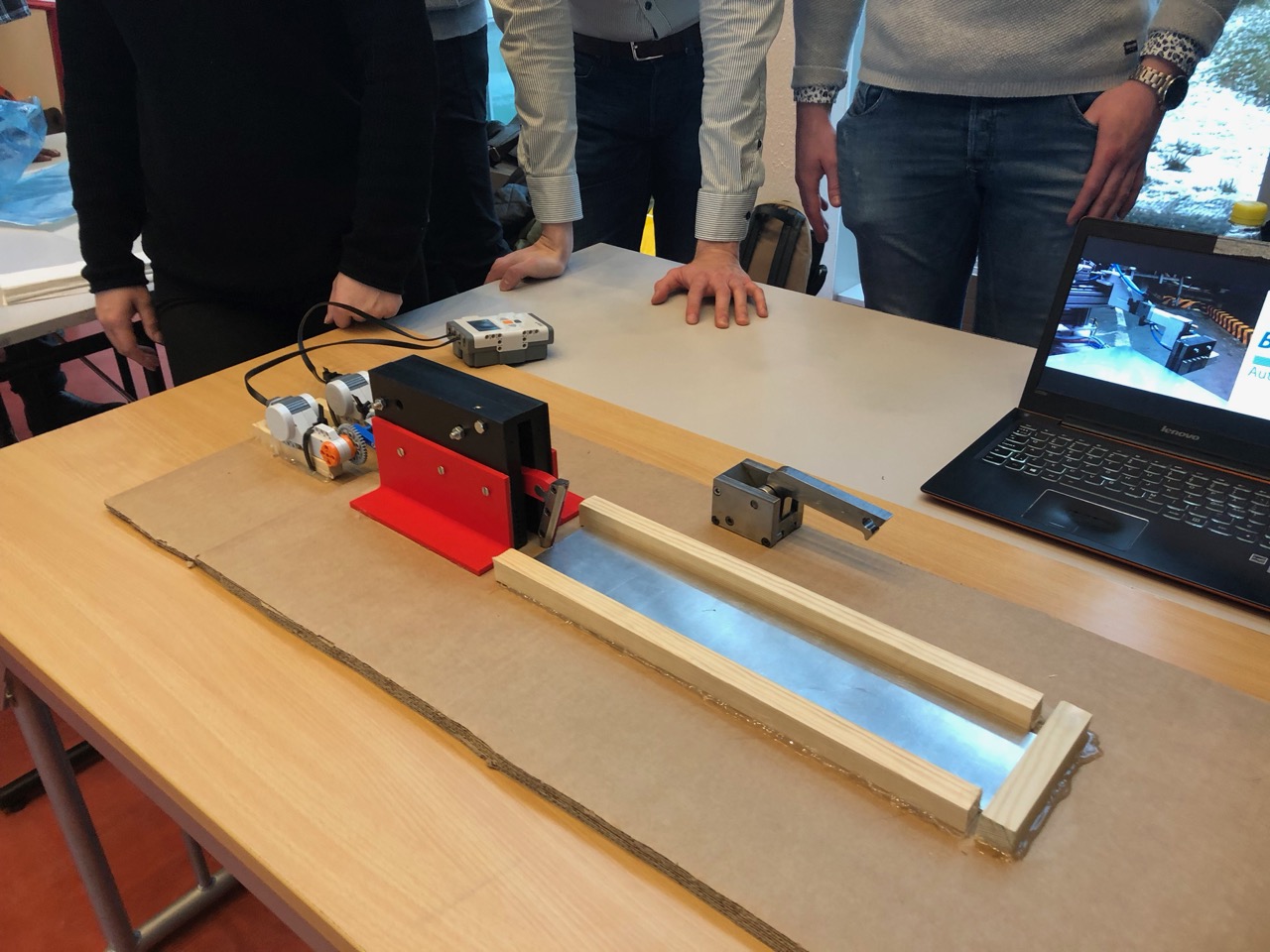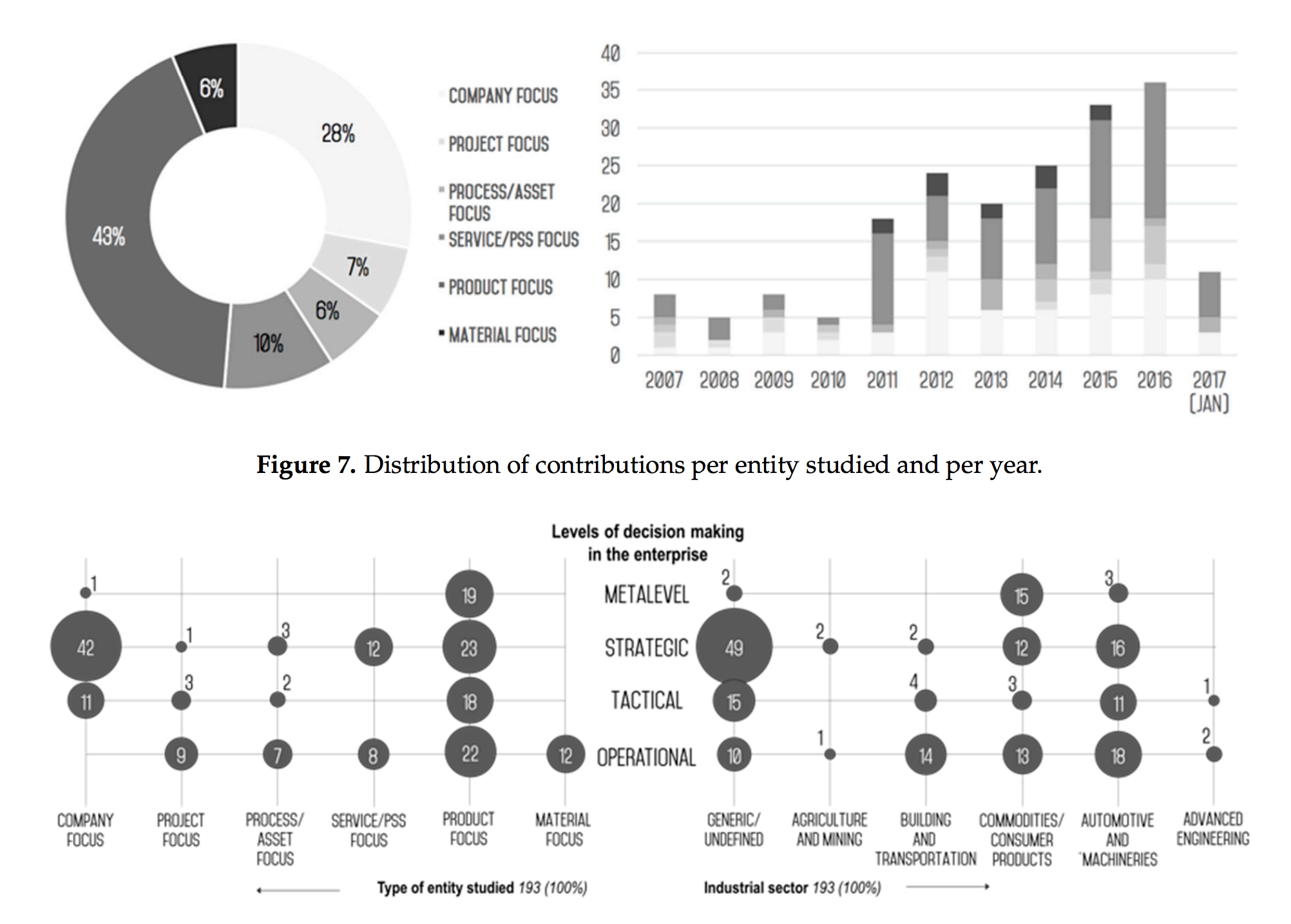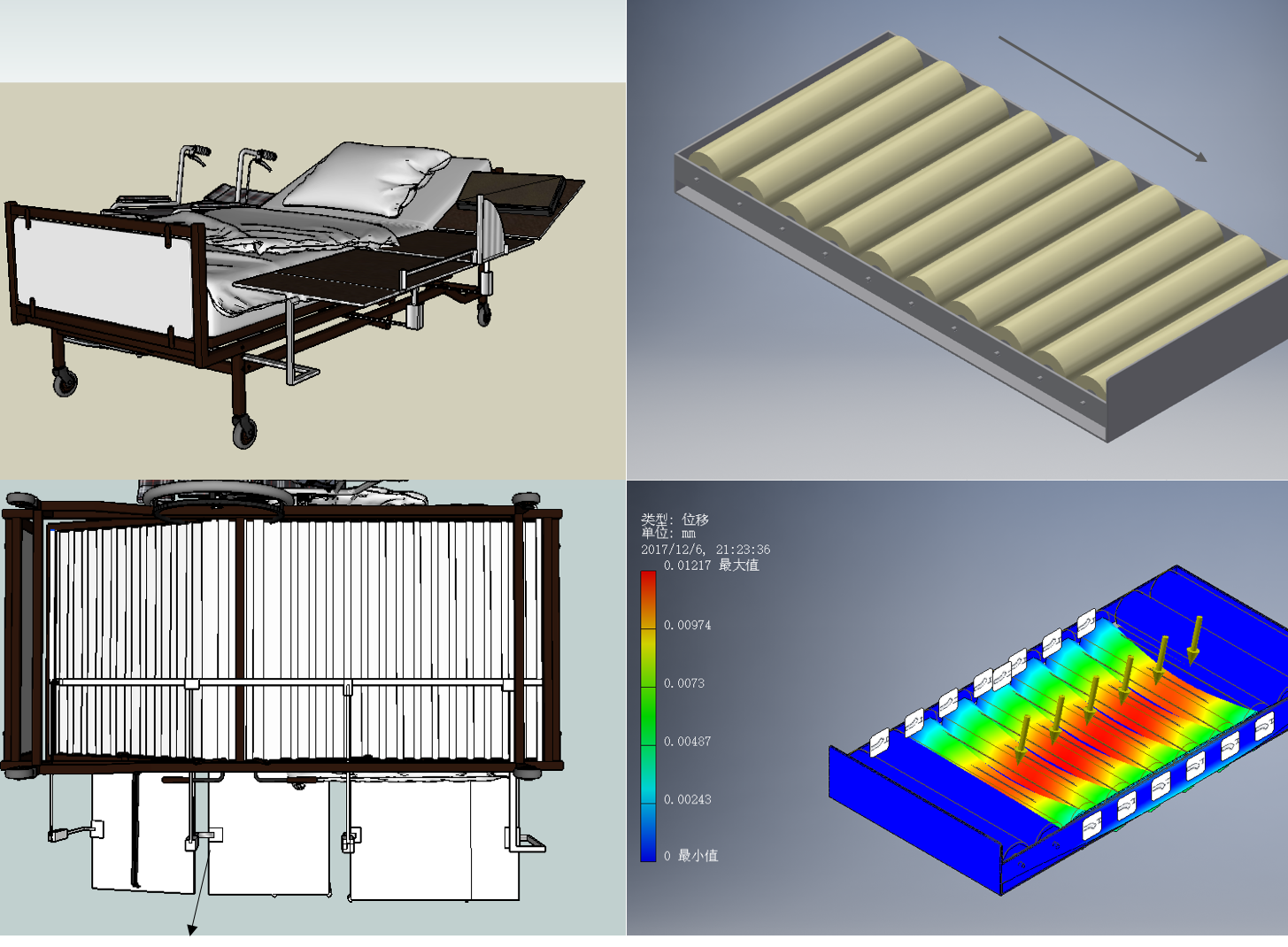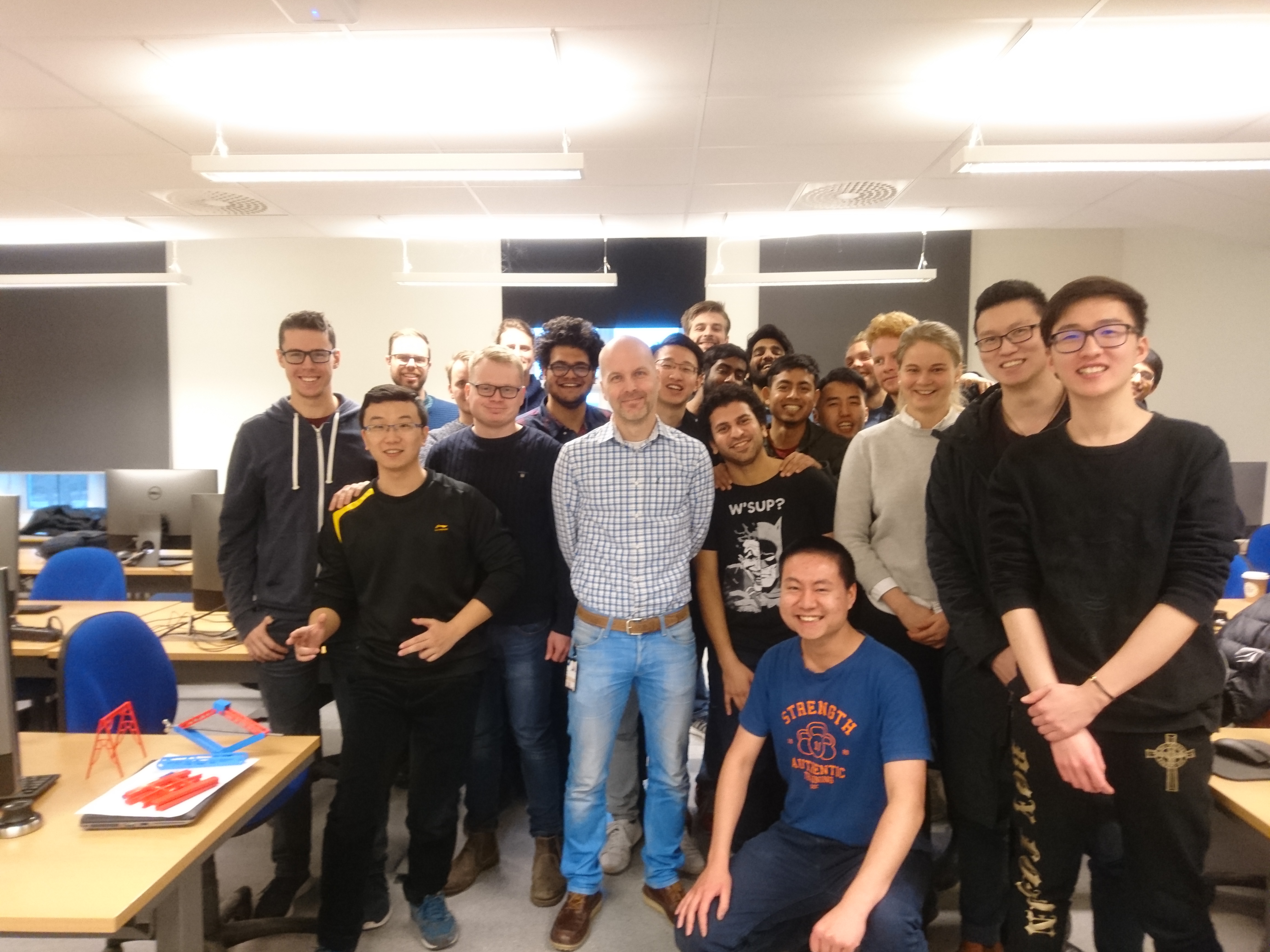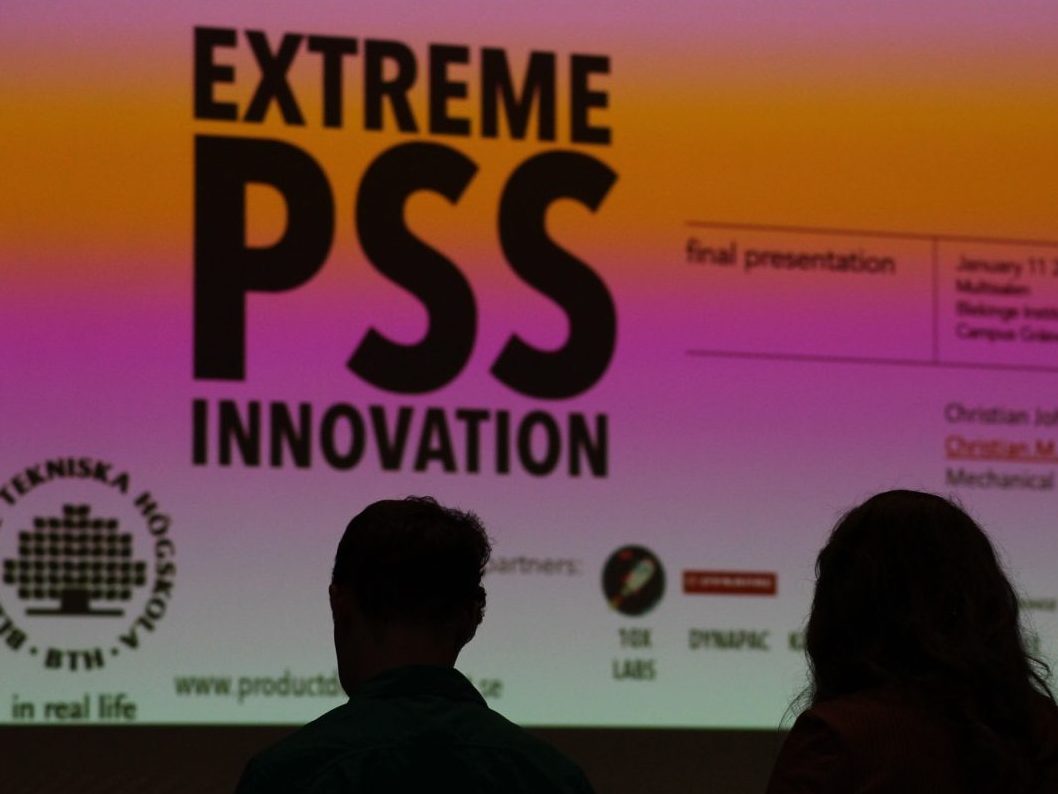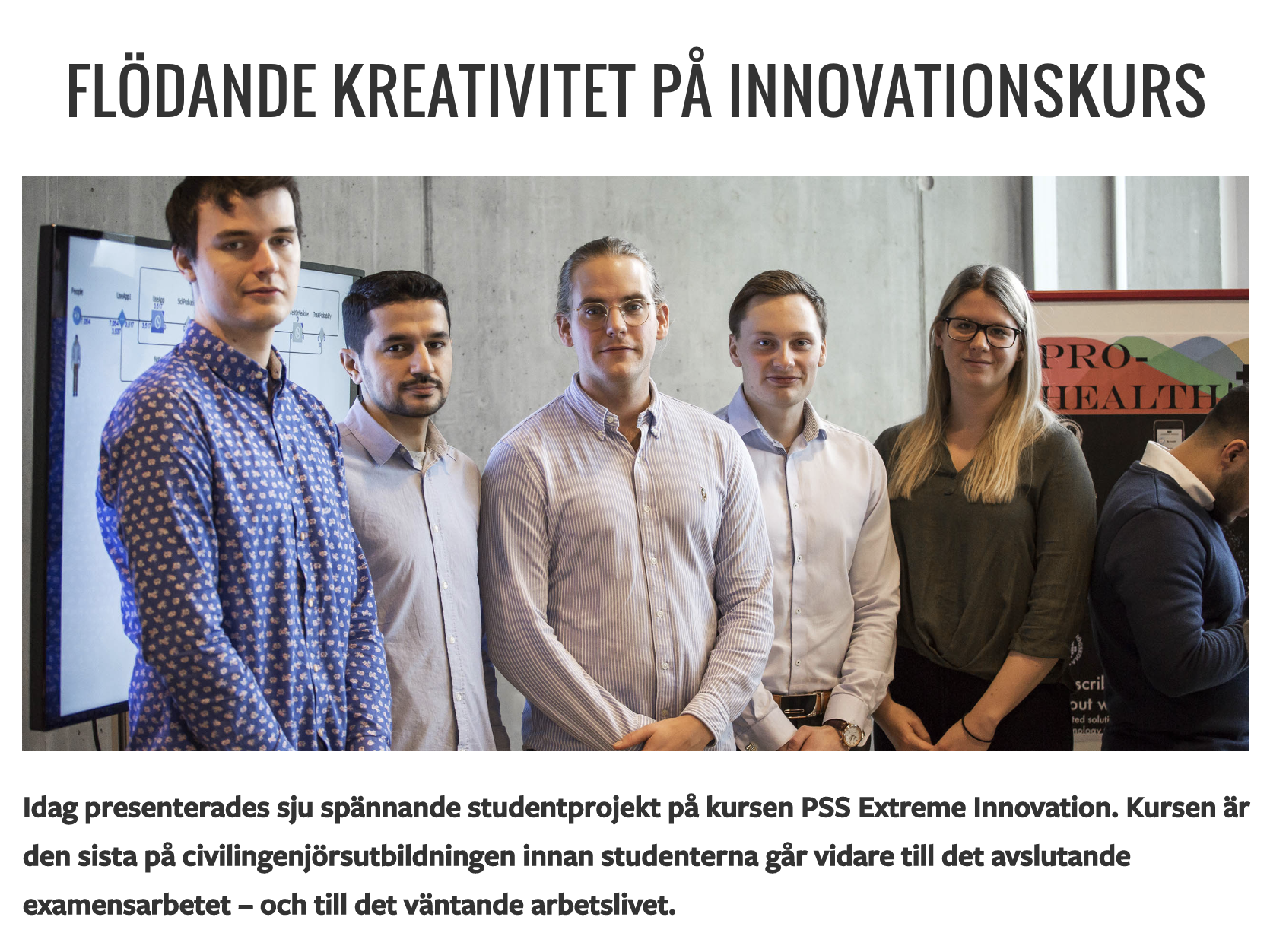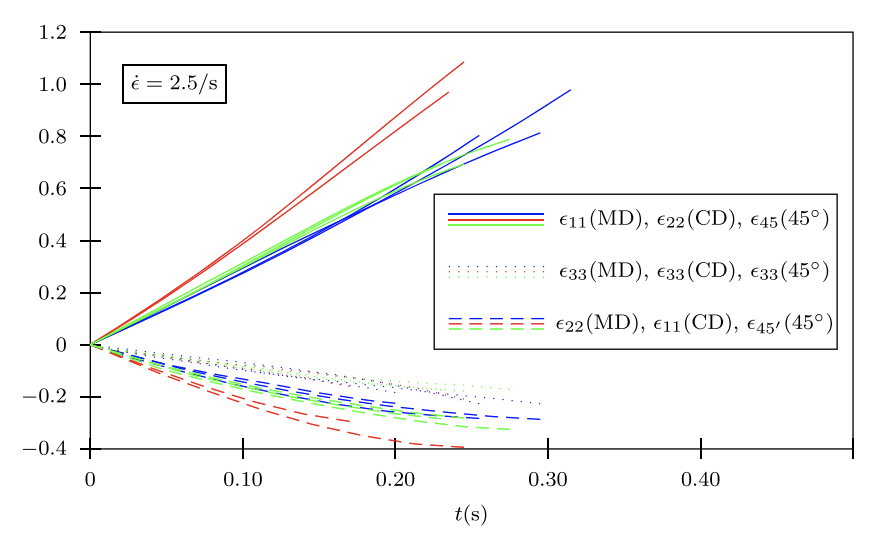Students in the course MT2545 Knowledge Enabled Engineering had today their final group project presentation at Dynapac Compaction Equipment AB. Under LP2, Mathilda Weinert, Anton Sterner, Simon Thorstensson and Mostafa […]
Read More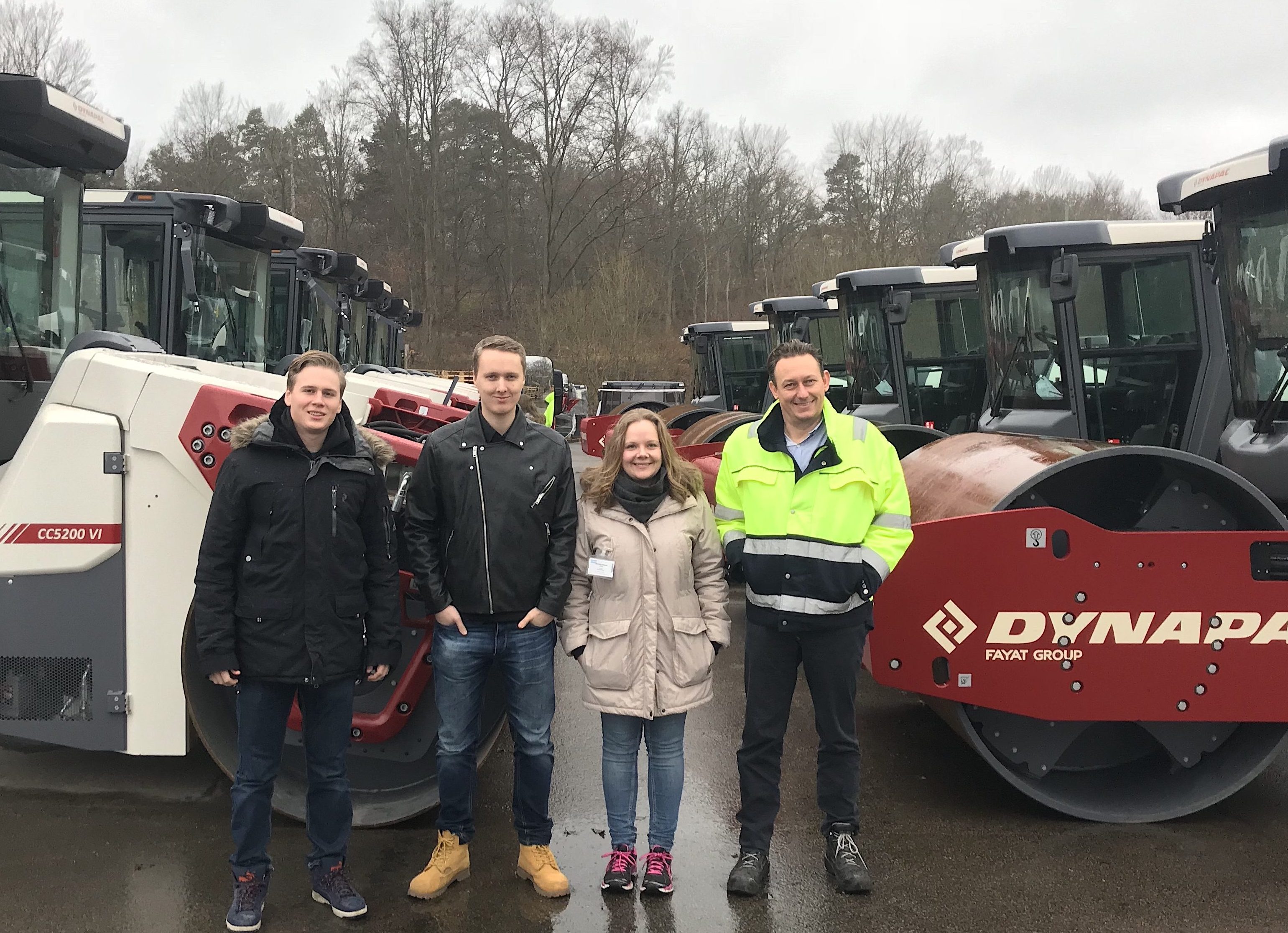
Knowledge Enabled Engineering project 2018
- 31st January 2018
- No Comment

